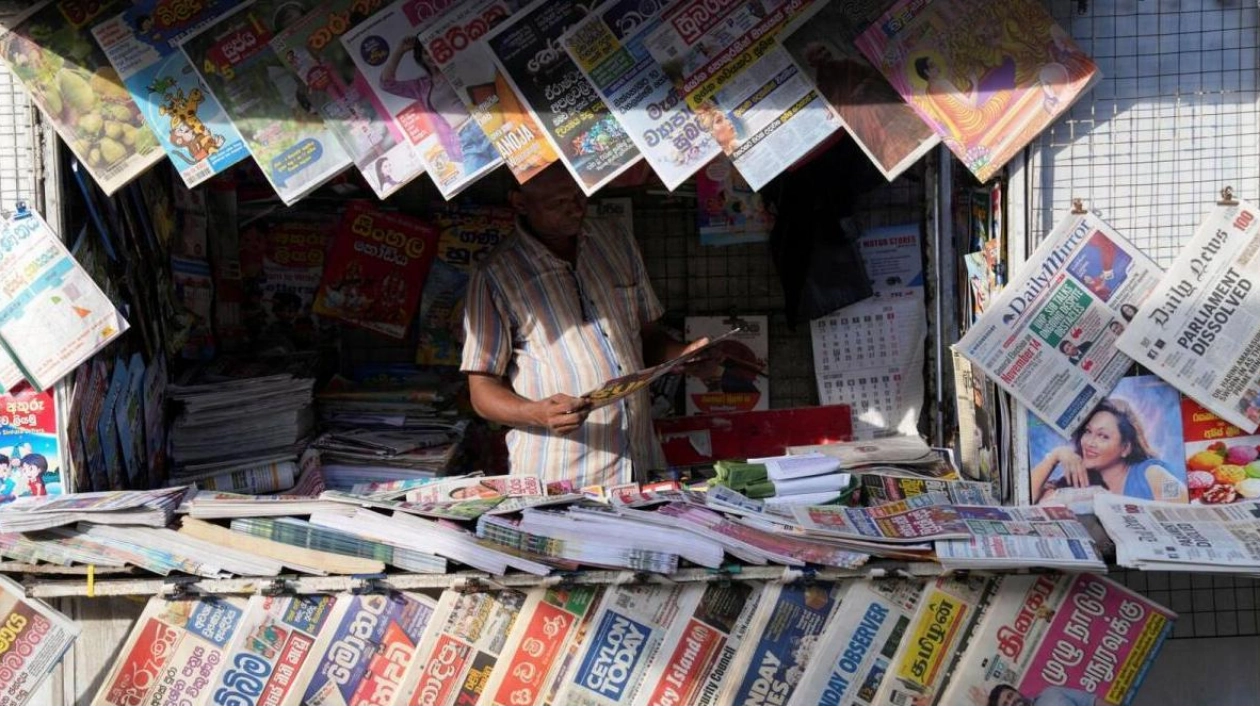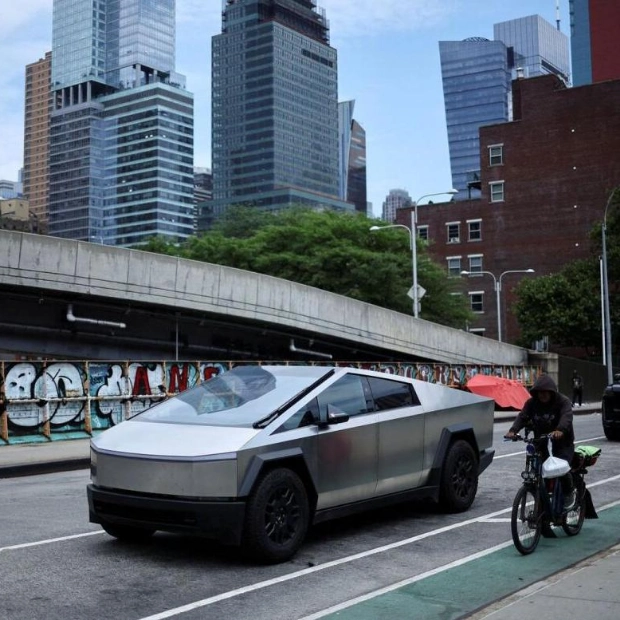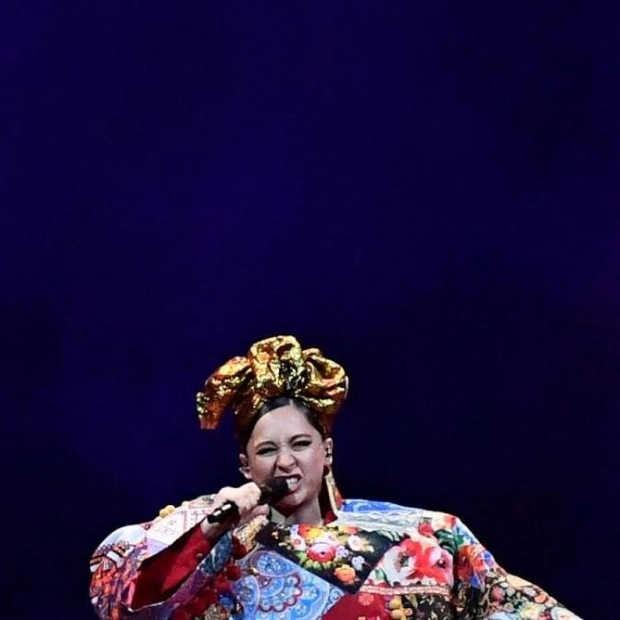Sri Lanka's government has announced that a parliamentary election will be held on November 14, just under two months after Anura Kumara Dissanayake was elected as the new president of the Indian Ocean island nation. Here are five key reasons why Dissanayake, who won the presidential poll over the weekend, has called for an early general election:
Ride Momentum
Dissanayake secured 5.6 million votes, or 42.3 percent, in Saturday's election, a significant increase from the three percent he achieved in the 2019 presidential election. His closest competitor, opposition leader Sajith Premadasa, garnered 32.8 percent. The Marxist-leaning leader aims to capitalize on this surge in popularity and solidify his power within the 225-seat parliament.
Support from Parliament
Dissanayake ran as a candidate for the National People's Power alliance, which includes his Janatha Vimukhti Peremuna (JVP) party. The coalition held only three seats in the current parliament, elected in August 2020, prompting the new president to dissolve the legislature to bolster his influence.
IMF Programme
A four-year, $2.9 billion IMF bailout programme has assisted Sri Lanka in increasing reserves, stabilizing its currency, and curbing inflation to initiate a fragile economic recovery. However, the austerity measures associated with the bailout have sparked discontent among the populace, who now look to their new leader for a brighter future. During his campaign, Dissanayake pledged to cut taxes and renegotiate the terms of the IMF bailout, promising relief for those burdened by austerity. However, securing parliamentary support will be crucial for passing a new budget.
Debt Restructuring
Sri Lanka is in the process of restructuring approximately $25 billion in foreign debt. Gaining parliamentary support will strengthen Dissanayake's position in negotiations with bondholders, who may view the new president's policy clarity as reassuring.
Cabinet Numbers
The limited presence of his coalition in parliament has prevented Dissanayake from forming a full cabinet since his inauguration on Monday. He appointed Harini Amarasuriya as prime minister with five portfolios and Vijitha Herath with six ministries, including foreign affairs. Dissanayake retained key ministries such as finance, defence, and energy under his direct control.






